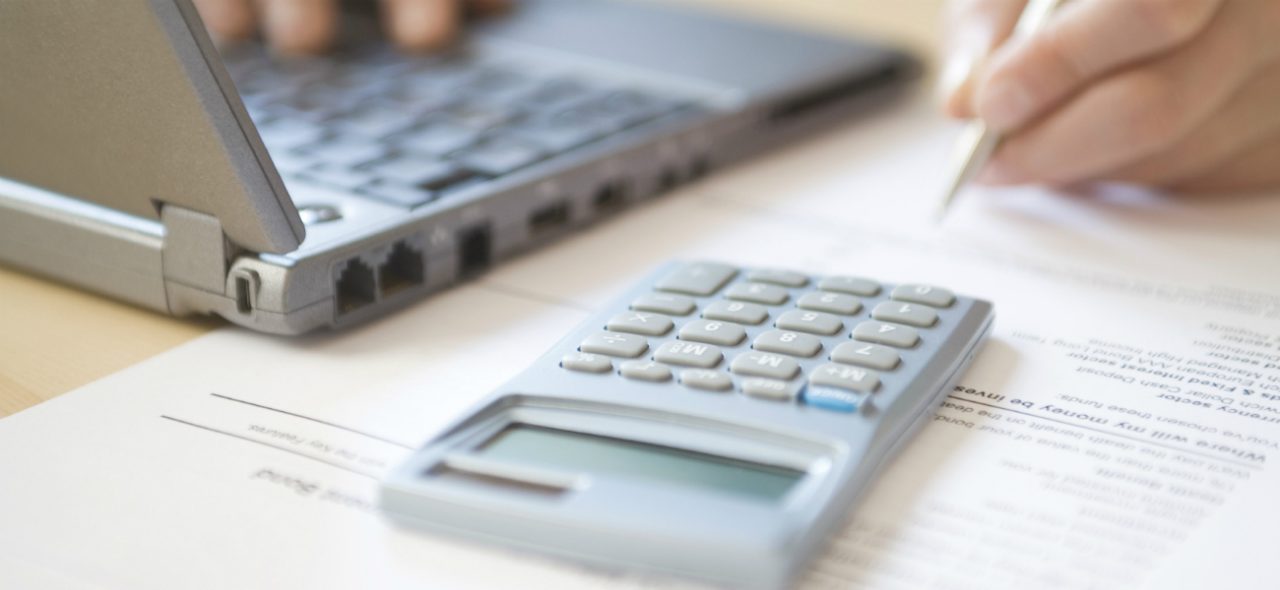What is capital gains tax and how does it work? - NAB
What is a capital gain or loss?
A capital gain is the profit you make when you sell an asset for more than you paid for it. On the other hand, a capital loss occurs when you sell an asset for less than what you paid for it.
The difference between what you paid for the asset and what you sold it for, considering any incidental costs on the purchase and sale, determines whether you have a capital gain or a capital loss.
Working out your capital gain or loss
To calculate your capital gain or loss, you need to subtract the original cost of the asset and any associated expenses from the selling price.
The remaining amount is your capital gain (if positive) or capital loss (if negative).
Example
- You purchased an investment property for $500,000.
- You spent $20,000 on improvements.
- You sold it for $600,000.
Your capital gain would be $80,000: ($600,000 minus $500,000 minus $20,000).
What is capital gains tax (CGT)?
Capital gains tax is assessed on the capital gains you make when you sell an asset. Selling, or otherwise disposing of the asset may trigger what’s called a CGT event.
If you sell an asset for more than you paid for it, the difference is your capital gain, and you'll need to pay tax on this amount.
At the end of financial year, use this guide as a ‘tax-time tool’ to help you complete a tax return or to have an informed conversation with a tax professional. We always recommend you seek professional help with your tax questions based on your individual needs.
CGT assets
Capital gains tax doesn't apply to all assets. The most common exemption is the family home.
The Australian Taxation Office (ATO) has a list of capital gains tax assets and exemptions but here are some common examples of assets that may attract a capital gain or loss for tax purposes.
- Investment properties
- Shares
- Collectables
Capital gains tax assessment and exemptions
Capital gains tax is payable as part of your income tax assessment for the relevant income year. It's not a separate tax, instead, it forms part of your assessable income. This means you'll pay capital gains tax at the same time as you pay your income tax.
There are certain circumstances when you don't have to pay capital gains tax. For instance, if you make a net capital loss in an income year, you won't have to pay capital gains tax for that year.
Also, some assets and events are exempt from capital gains tax, such as selling your principal home or personal car, or selling an asset purchased before capital gains tax was introduced on 20 September 1985.
What to consider when calculating capital gains tax
There are several factors to consider in your calculations, including:
- the capital gains discount
- indexation
- capital loss
- whether you’re an Australian tax resident or a foreign tax resident.
Each of these factors can significantly impact the amount of tax you need to pay.
Capital gains discount
If you sell an asset after holding it for more than 12 months, you could be eligible for a 50% capital gains discount if you’re an Australian resident and an individual. This means you'll only pay tax on half of your capital gain.
Different tax rates apply depending on whether you’re an individual, company, trust or a self-managed super fund.
Indexation
Indexation is a method that adjusts the cost base of your asset to account for inflation. This method can only be chosen if you acquired your assets before 21 September 1999 and have held them for at least 12 months.
Capital loss
If you've made a capital loss, you can use it to reduce your capital gains and lower your tax. If you don't have any overall capital gains across assets in the current financial year, you can carry over your capital losses to future income years.
Sale of certain Australian taxable property
If you’re a foreign resident and selling certain Australian taxable property (e.g. residential property), you may be required to pay foreign residents capital gain withholding tax (FRCGWHT). You can submit a variation application to the ATO to reduce the FRCGWHT.
If you’re an Australian resident, you can apply for a variation to reduce FRCGWHT by submitting a clearance certificate to the ATO.
Rates and thresholds for FRCGWHT can change periodically so we recommend checking these details on the ATO website if you plan to sell your property.
Get support from the experts
Navigating the complexities of capital gains tax can be challenging. That's why it's important to seek expert advice for personalised financial planning and tax advice.
A financial adviser can provide you with tailored strategies to manage your capital gains and losses effectively and help you understand your tax obligations.
A tax professional can help when it comes to completing your tax return, especially if your investment portfolio is more complex.
The Australian Tax Office (ATO) has simple information to also help you understand your obligations around capital gains tax.
Thinking about investing in property?
If you’re just starting your investment journey, make an appointment to see us in branch, ask a mobile banker to come to you or ask us to call you back.
Explore other life moments
Tax-effective investment ideas
Learn our investment options to help you maximise your tax.
Discover how much it costs to sell a house
Costs you may face when selling your house, and buying a new home.
Why invest in property?
Risk and rewards: is property investment right for you?
Related products and services
Financial advice
Get in touch with us to talk about financial advice options, including personal insurances, investments, super or retiring planning.
Trading and investments
Discover trading, investment and financial advice options to help you manage your wealth and plan for retirement.
Invest in property
Explore property investor rates and tools to build, manage and grow your investment property portfolio.
Get in touch
Customer Support Tool
Solve problems quickly online with our easy-to-follow guides. Simply select a topic and we’ll direct you to the information you need.
Contact us
Explore our personal banking contact information and get support with a wide range of products, services and topics.
Visit a NAB branch
Visit us in person at your nearest NAB branch or business banking centre.
Terms and Conditions
Apologies but the Important Information section you are trying to view is not displaying properly at the moment. Please refresh the page or try again later.
The information contained in this article is intended to be of a general nature only. It has been prepared without taking into account any person’s objectives, financial situation or needs. Before acting on this information, NAB recommends that you consider whether it is appropriate for your circumstances. NAB recommends that you seek independent legal, financial and taxation advice before acting on any information in this article.




